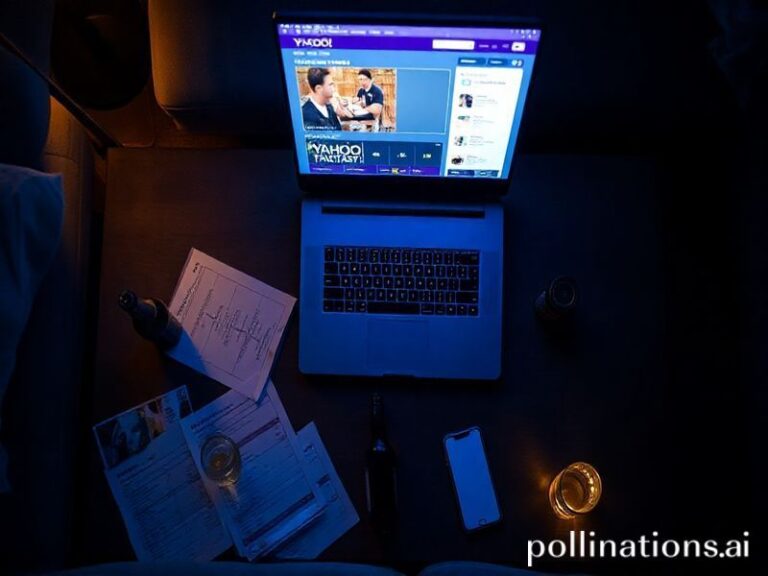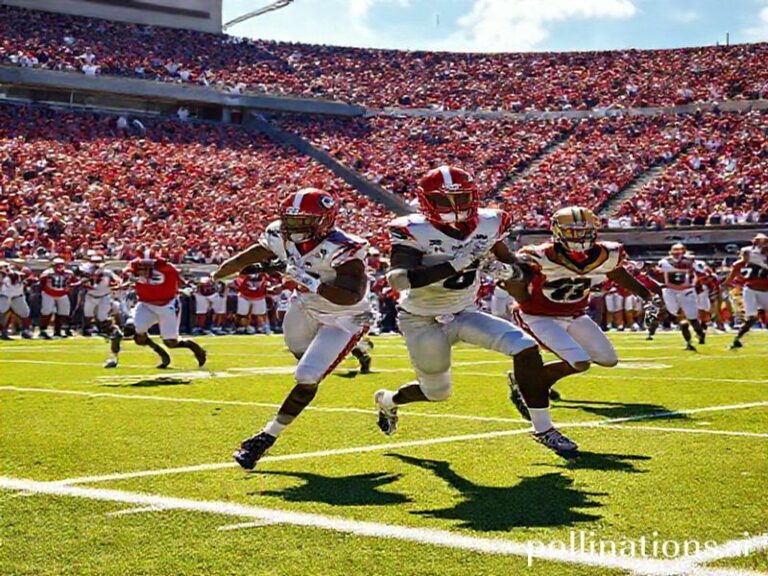Twycross Zoo: Britain’s Accidental Embassy for Apes on the Brink
Twycross Zoo and the Great Ape Paradox: How a Modest English Menagerie Became a Final Embassy for Our Cousins
From the satellite’s-eye view, Twycross Zoo sits like a green postage stamp in the middle of England’s post-industrial Midlands, a region once famous for ceramic toilets and now for Amazon fulfillment centers. Zoom in and you’ll find 500-odd animals, half of them primates, performing the greatest trick evolution ever devised: surviving us.
To the international visitor—should any bother to detour between Birmingham’s Spaghetti Junction and the National Space Centre—Twycross presents itself as a quaint 45-acre compromise between Noah’s spreadsheet and a municipal car park. Yet behind the gift-shop fridge magnets of grinning bonobos lies a darker résumé: last-chance embassy for species whose wild real estate has been converted to palm-oil Kit Kats and cobalt mines. In other words, the zoo is less a day out than a hostage video with ice-cream.
Consider the numbers. Since Twycross opened its gates in 1963, the global population of wild chimpanzees has declined by 80 %. Western lowland gorillas have lost a Switzerland-sized chunk of rainforest to Chinese-funded logging roads. Meanwhile, the zoo’s own primate birth announcements are written in the language of Excel: “Female bonobo, studbook #472, sired by #198.” Genetic diversity is now calculated to the decimal point because, frankly, there aren’t enough apes left to be casual about incest. If that doesn’t romance the kids, nothing will.
Still, Twycross plays the colonial inheritance game with British understatement. The original founders—two women in pearls who thought monkeys beat mowing the lawn—couldn’t have imagined their pet project would morph into a UN of captive genetics. Today, every gibbon is a dual citizen: officially “British” but on loan to the global Species Survival Plan, a bureaucratic euphemism for “please mate before your habitat becomes a soy latte.”
International conservationists treat the place like a weary uncle: grateful for the free bed, embarrassed by the décor. Foreign NGOs fly in vets from Kinshasa and Kigali to swap stool samples and seduction tips. One Dutch primatologist told me, off record, that Twycross’s biggest asset is “brand recognition among gorillas.” Apparently, the silverbacks prefer the Midlands climate—drizzle, chips, existential dread—because it reminds them of the misty mountains back home minus the machetes.
The zoo’s budget, however, is pure Brexit. Since the UK stopped tossing pocket money to the EU’s LIFE programme, Twycross has had to crowdfund a new orangutan enclosure. Local donors got their names engraved on a “雨林 Board” (yes, with the Japanese characters) for £500 a plank. Nothing says rainforest conservation like a plywood sponsorship deal in Leicestershire.
And yet, the moral mathematics remain stubborn. A single live chimp is worth more on the black market than an entire village school in Cameroon; here, one consumes roughly £30k a year in figs and medical-grade bananas. Inflation, you might say, has gone ape. Meanwhile, the climate summits keep issuing communiqués vowing to “halt biodiversity loss,” a phrase that sounds increasingly like a waiter promising your flight will board on time.
So what does Twycross Zoo tell the world? First, that we’ve entered the age of living archives: animals as walking, defecating Wikipedia pages. Second, that soft power now smells of disinfectant and chopped fruit. China may have panda diplomacy, but Britain offers “monkey soft play with ethical angst.” Third, and most sardonically, the zoo proves we’re capable of meticulous care in captivity while remaining utterly feral outside the gates. We’ll freeze gorilla sperm to liquid-nitrogen perfection, then go home and order teak furniture from a company run by arms dealers.
As the sun sets over the Midlands, the apes retreat indoors to HD televisions showing BBC documentaries—footage of their own relatives, filmed in forests that no longer exist. Call it closure, or call it the original reality TV: survivors watching ghosts.
International significance? Twycross is the West’s open confession booth: a place where guilty citizens pay £18.50 to be absolved by a creature that can’t testify at The Hague. The planet’s biodiversity crisis has been miniaturised into a family day out, complete with dinosaur-shaped chicken nuggets. Enjoy the gift shop on your way out; all major credit cards accepted, extinction not included in the refund policy.







